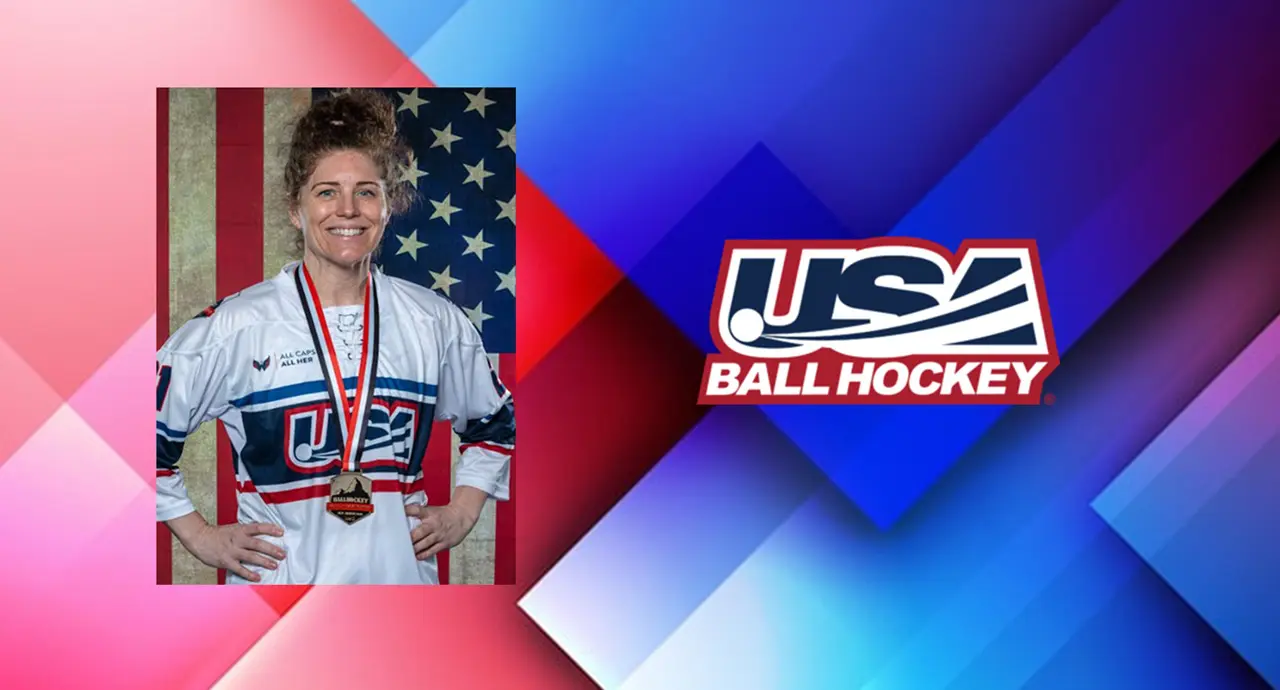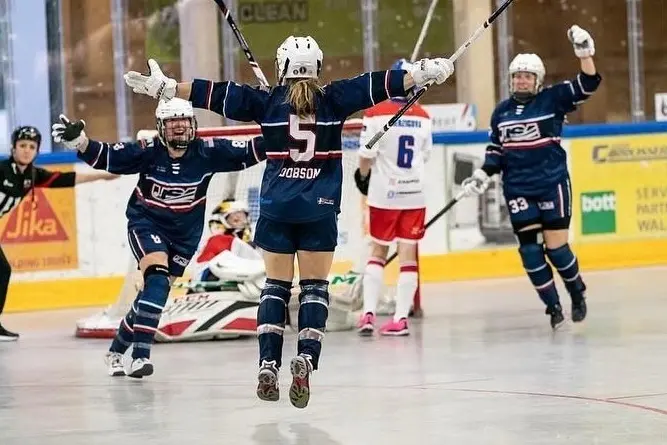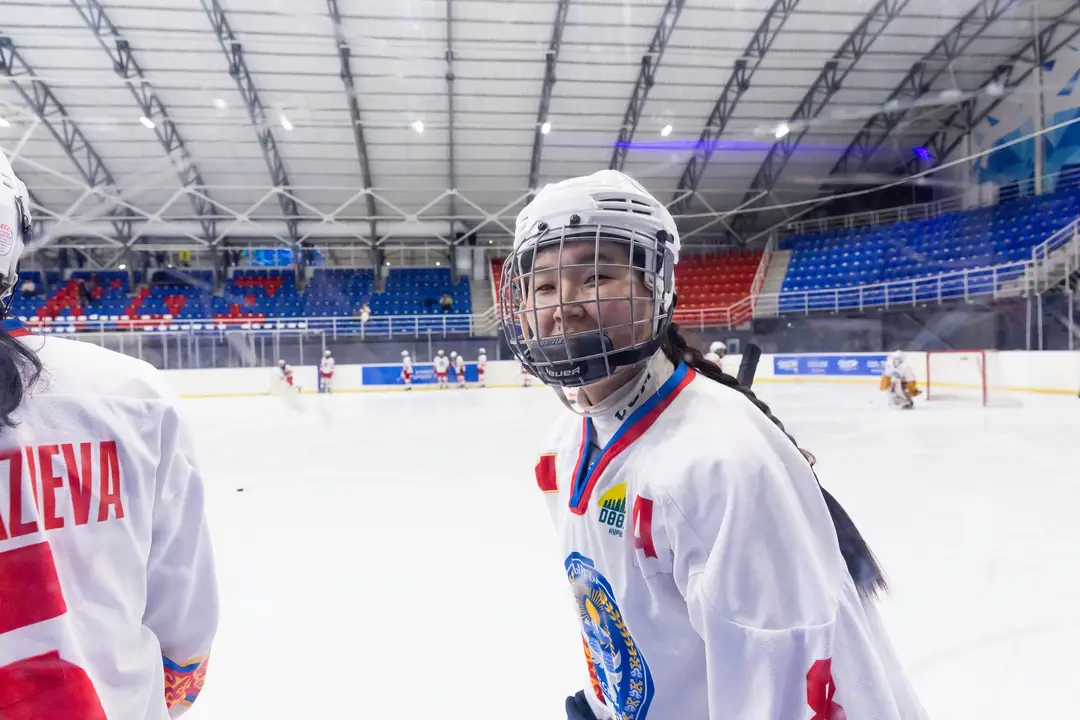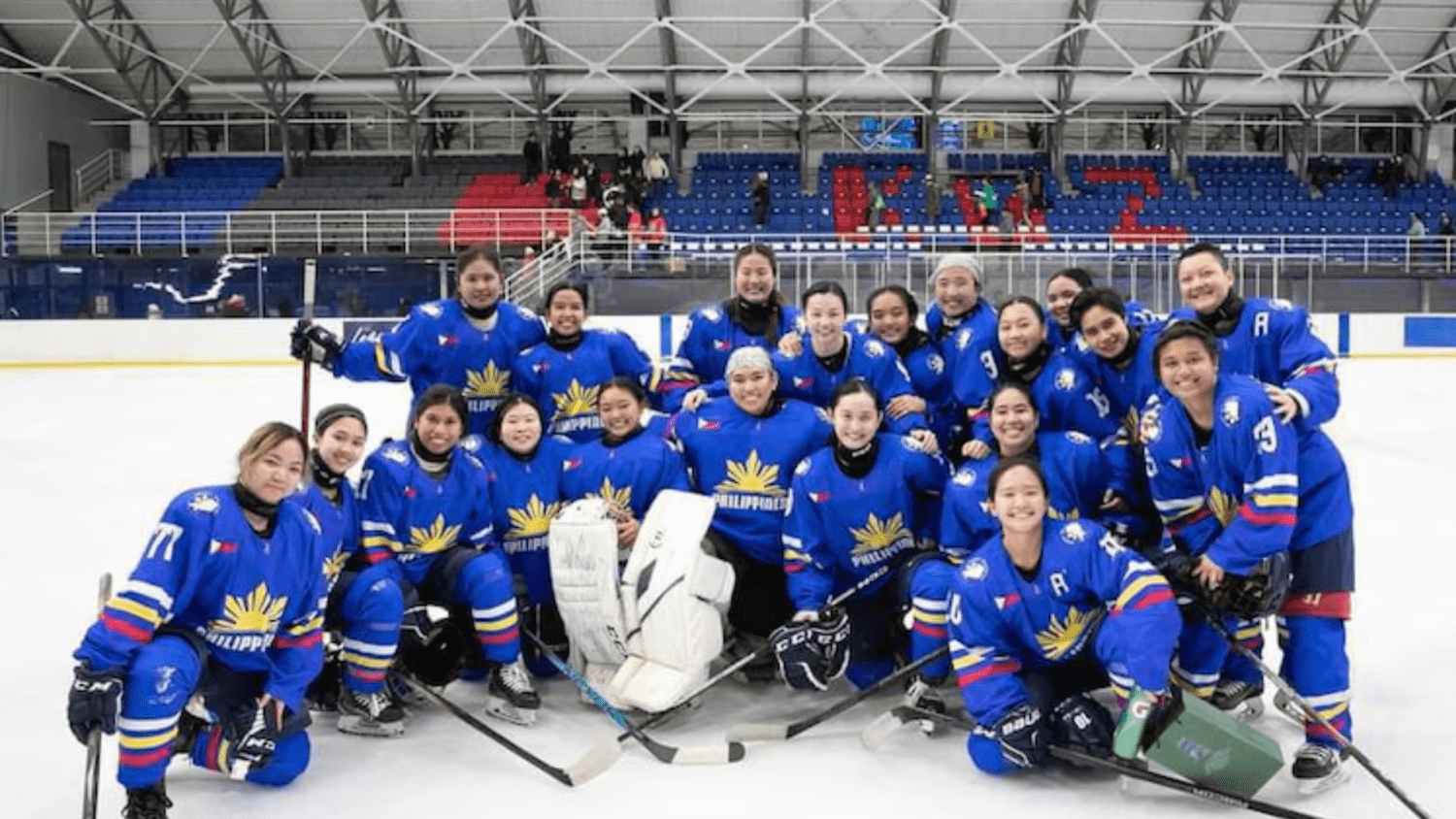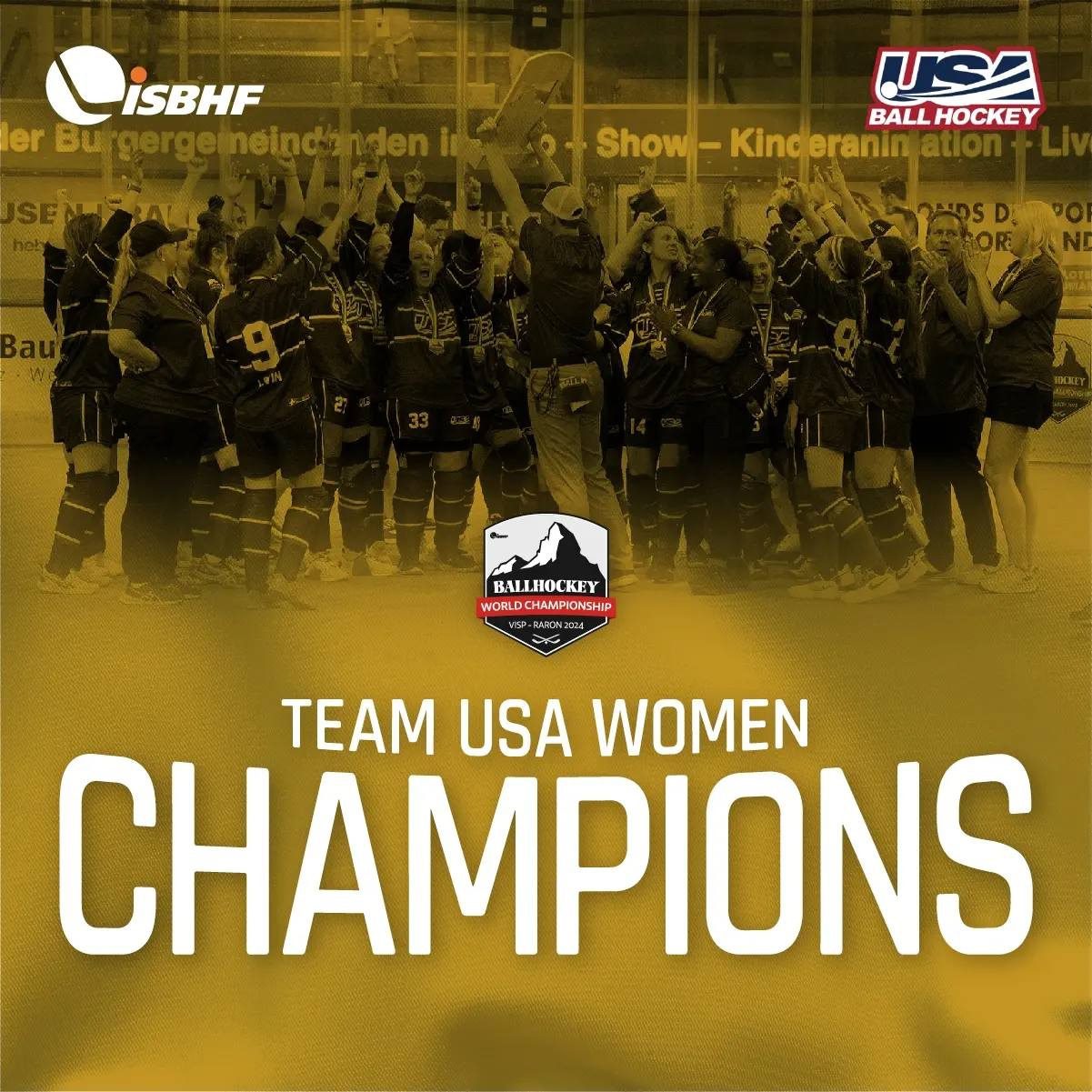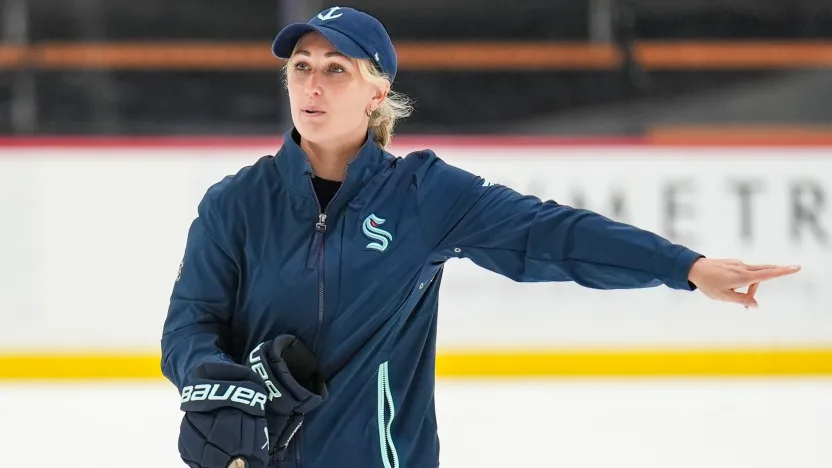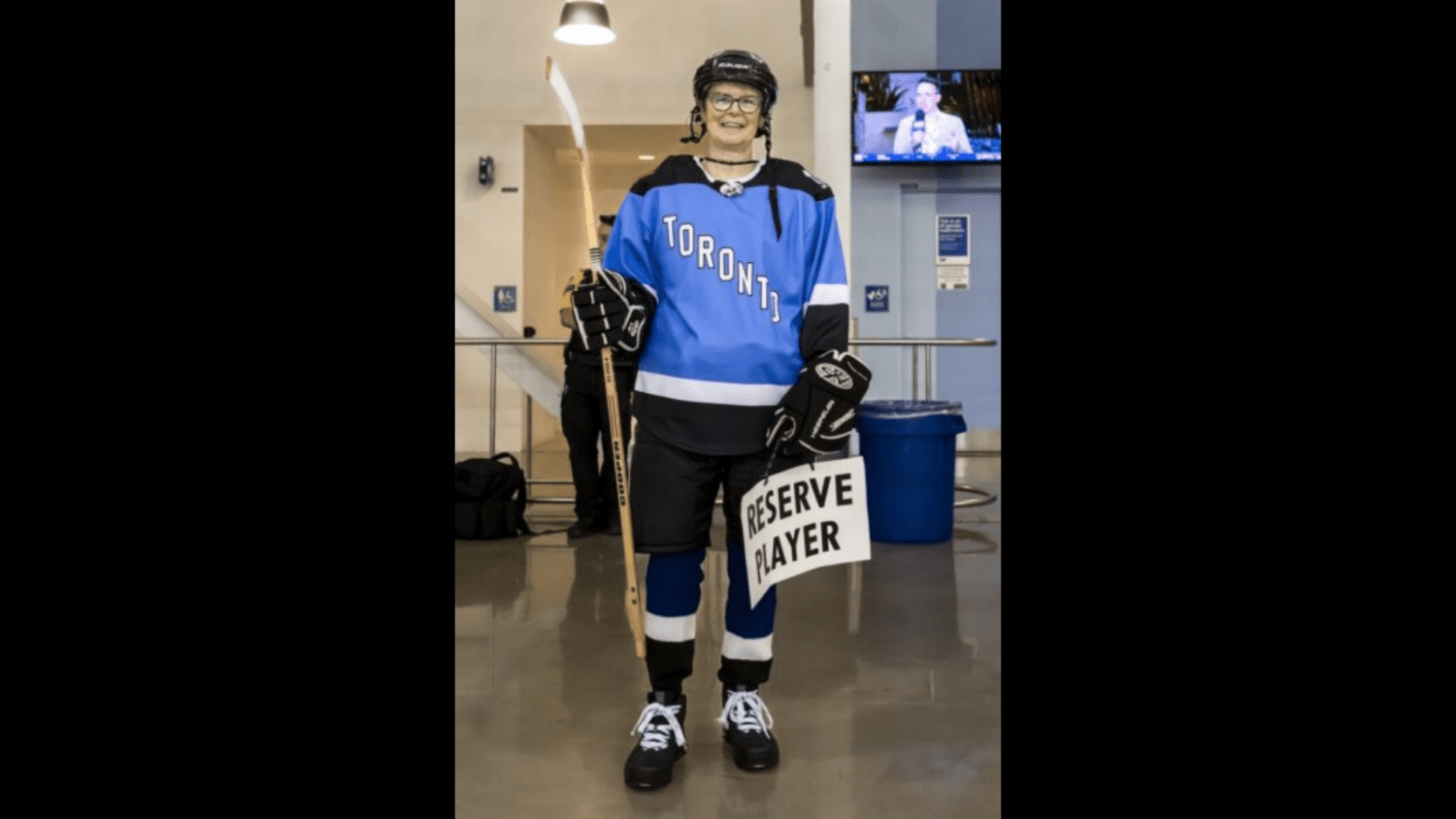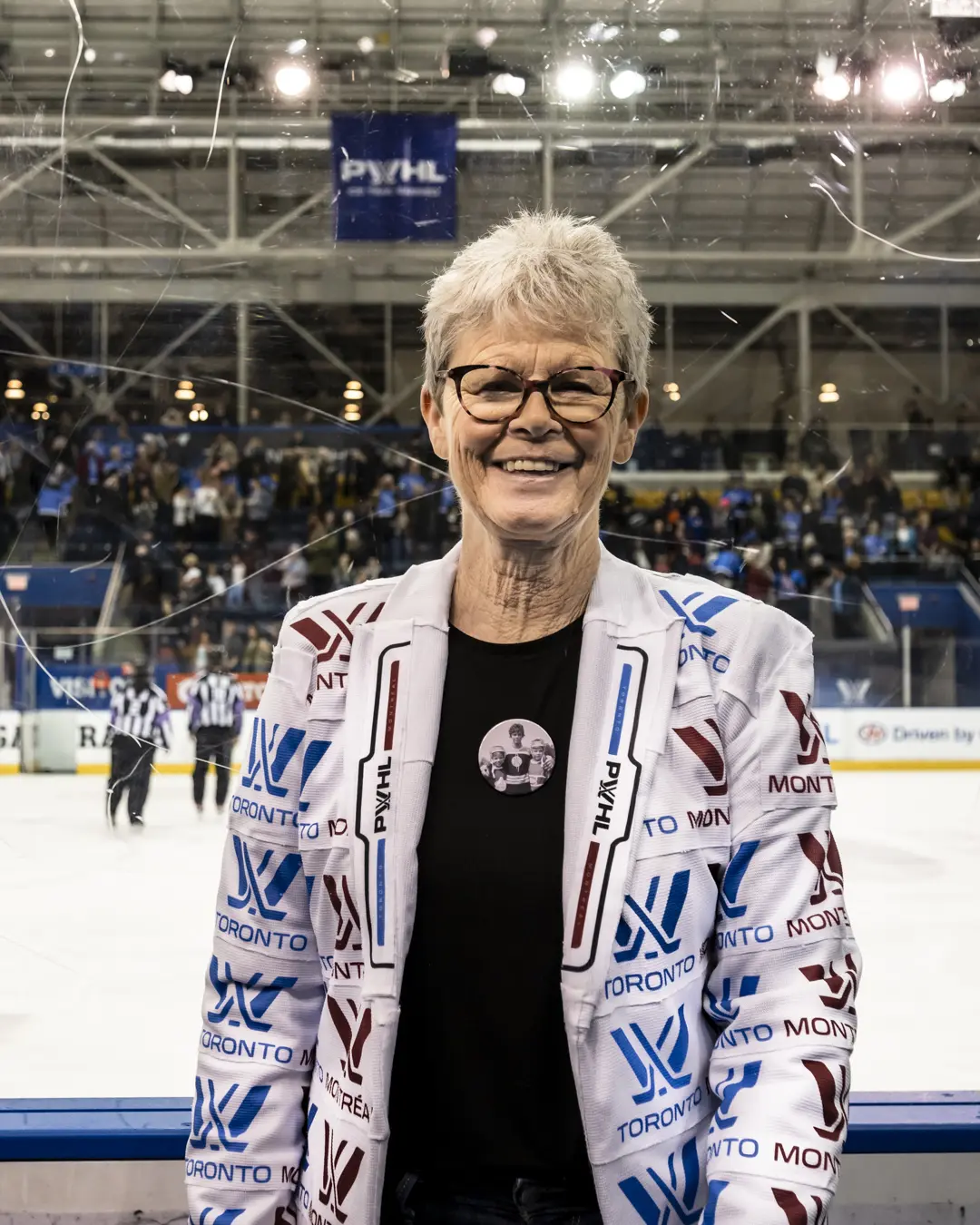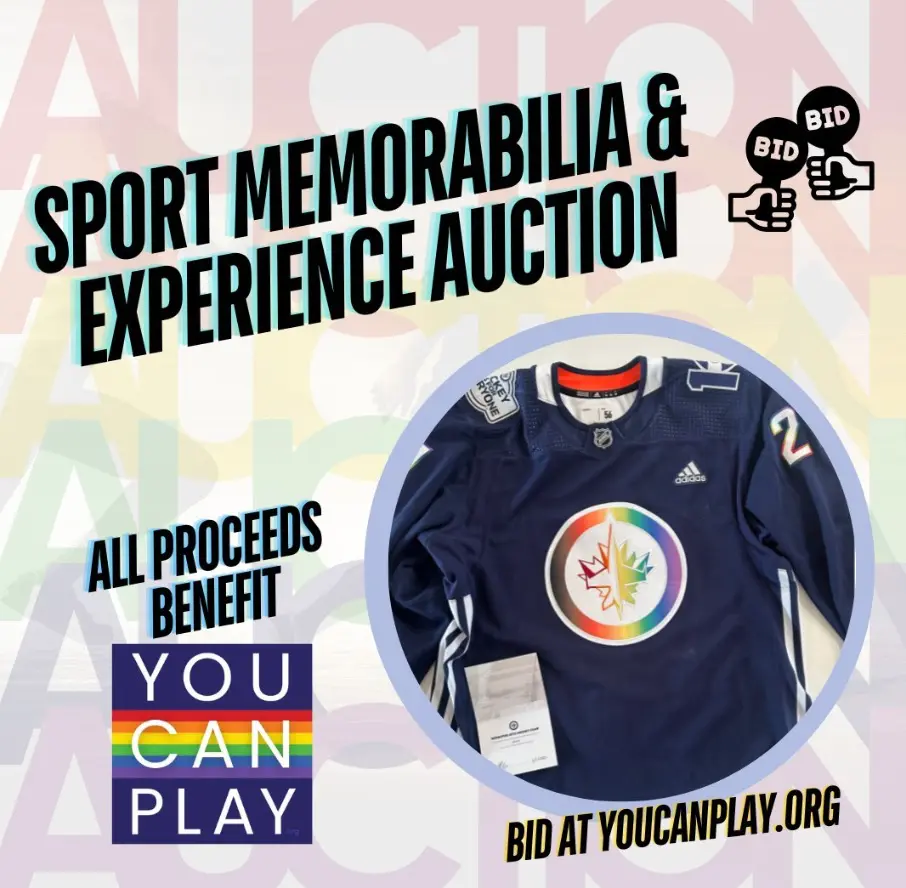As a former collegiate and youth hockey player, Sydney Kinder remains in the hockey community as a mentor for BIPOC (Black and Indigenous people of color) hockey players with the HPOC Movement. She has experienced racism and discrimination as a hockey player in high school and in college; her mission now is to help those going through similar experiences.
She explains, “As I got older, my understanding of my place in hockey became clearer – unfortunately, that clarity came when I was called an N-word on the ice. People fail to realize how humiliating and dehumanizing it is to be reduced to a word and stereotype. No matter how much I succeeded, achieved, or gave back, I was still looked at just that word.”
The HPOC (hockey players of color) Movement is dedicated to helping players in any level of hockey by providing mentorship services to those who are experiencing racism or discrimination within the hockey community. The organization also seeks to highlight, promote and support BIPOC players on their hockey journey.
She says, “Being a mentor helps to provide an ear to listen and a shoulder to lean on during the challenge of being a BIPOC playing a white dominated sport. It provides companionship through mentorship. Being a mentor allows me to help validate the feelings my mentees have, navigate a world that isn’t as welcoming as it says, and diminish that isolated feeling. My hockey experience may be riddled with not the best experiences, however I know I can help make it just that much easier for the players that will come after me.”
Growing up, Sydney looked up to a very special person in the hockey world, 2018 Hall of Fame inductee and first black player in the NHL, Willie O’Ree. Not only has she had the opportunity to meet with Willie in person, but she was also featured in his 2019 Documentary.
“It has always been and still is very cool and humbling to be able to share the same space as Willie O’Ree. He is a tangible aspect of history and one of my biggest mentors. It is a surreal experience to meet your hero and even more dreamlike to develop a relationship with them. I can only imagine how ugly the world was when Willie first laced up. It’s unfortunate the same bigotry still exists and can taint the experiences of our youth. Being a part of his documentary further shed light on the ugly experiences BIPOC players are enduring while being able to highlight just how vast Willie’s impact is. From vets in the NHL, to women in the NWHL, to collegiate players, to junior players, Willie’s ability to change history with poise is immeasurable.”
As she continues to work in the hockey community as a mentor, she recognizes that hockey is a sport that “is not welcoming to everyone” and she believes the sport understands how to recruit players from all different backgrounds, but the problem is with retention.
“Seeing more BIPOC coaches and administration within hockey, will help to create a more welcoming atmosphere. Having culturally competent coaches and organizations and abiding by a zero-tolerance policy will help to foster a mutually beneficial environment for every participant to prosper in.”
Her hopes for BIPOC players is to have their differences respected instead of judged, and to be included instead of isolated from their teammates.
Kinder’s advice to BIPOC players who may have experienced racism or discrimination is, “Its very hard to give advice for current BIPOC players who (may) have experienced racism/discrimination. Every situation is different but equally as infuriating. Know you are seen. Know you are heard. Know you are valued. Know your feelings are valid. Above all else, know that you matter. I see you. I hear you. I am always here for you.”
No BIPOC player, fan, coach or parent, should experience racism or discrimination in the world of hockey, but unfortunately it still happens. Sydney Kinder is one of many mentors in the HPOC Movement that are helping drive change within the sport of hockey and it is their work that will hopefully inspire more organizations to do the same.
[adrotate group=”1″]
Related Articles
Categories
Recent Posts
[adrotate group=”2″]

